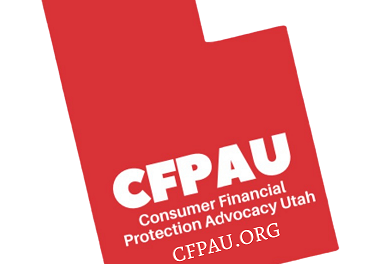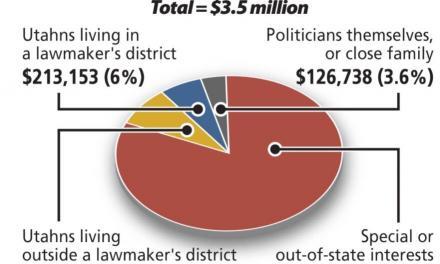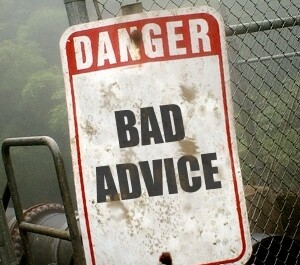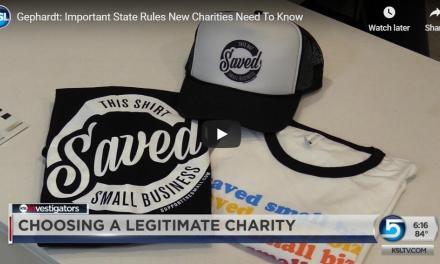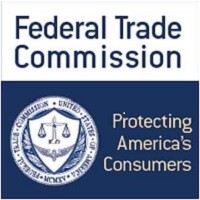
Specific Consumer Information Resources
Information from the Federal Trade Commission (FTC). This Governmental agency works to prevent fraudulent, deceptive, and unfair business practices in the marketplace and to provide information to help consumers spot, stop, and avoid them.
Education & Training
Want to improve your chances of getting hired or promoted? Earning a degree or certificate might be the answer, but not all programs are reputable. Some dishonest companies may charge you for worthless degrees or phony scholarships.
There are all kinds of home-based businesses, including ones that are set up to fail. Scammers make appealing — but not always truthful — pitches for medical billing businesses, envelope stuffing schemes, and craft and assembly projects, knowing that many people must find ways to work from home.
If you’re looking for a job, you may see ads for firms that promise results. Unfortunately, some job placement firms misrepresent their services, promote nonexistent vacancies, or charge high fees in advance for services that don’t guarantee placement.
If you’re considering putting money into a business opportunity, do some research first. By law, business opportunity promoters must give you certain information before you hand over any money.
Do your research before you commit to an alternative investment or money-making opportunity. Promises of “free money,” mysterious financial models, and outsize returns most likely are scams.
Realistic budgeting is the key to maintaining a financial safety net and spending wisely. Whether you’re shopping for things you buy routinely — or saving for that occasional big ticket item — planning is key. These shopping tips can help you save money on everyday purchases, as well as on some products and services you buy once in a while.
Having a car can be an expensive proposition. Read tips on buying vs. leasing, negotiating the best deal, financing, getting the most out of warranties and service contracts, using gas efficiently, and avoiding repossession.
Decisions about credit and loans involve lots of factors, including how much money you need, what terms you’re offered, and who is behind the offer. If you are choosing a credit card or wondering whether offers of credit and loans are on the up and up, these tips can help.
Debt collection, debt management, debt relief, debt settlement… Debt is a four-letter word that’s the subject of some complex laws. Learn how to exercise your rights under the Fair Debt Collection Practices Act — and how to recognize debt-related scams and frauds.
Things don’t always go right. Sometimes you don’t get what you ordered; sometimes you get an item of the blue. What are your obligations? And by the way, are there advantages to using any particular method of payment in terms of consumer protections?
Information is critical when you are shopping for a mortgage. And it’s equally important to know the consequences of falling behind on your payments and the telltale signs of a foreclosure rescue scam. What about a reverse mortgage? When could it be a good deal — and when can it be a dud?
Building a deck? Installing an alarm system? Repaving the driveway? You can save time, money, and frustration by knowing the signs of a home improvement scam, and the consumer protections in the Cooling Off Rule.
Energy efficiency comes in all sizes and shapes — from appliances and toilets to windows and light bulbs. The choices you make for your home or business can have a big impact on your budget — and on the environment.
If you’re a renter or a property owner, scammers use tricks to try to get your money, like bogus rental listings and timeshare reseller rip-offs.
Some phone calls and emails are important, some can be annoying, and others are just plain illegal. Learn how to reduce the number of unwanted messages you get by phone and online.
The internet offers access to a world of products and services, entertainment, and information. At the same time, it creates opportunities for scammers, hackers, and identity thieves. Learn how to protect your computer, your information, and your online files.
The opportunities kids have to socialize online come with benefits and risks. Adults can help reduce the risks by talking to kids about making safe and responsible decisions.
While identity theft can happen to anyone, there are some things you can do to reduce your risk. If you think someone is using your personal information to open accounts, file taxes, or make purchases, visit IdentityTheft.gov to report and recover from identity theft. Looking for identity theft resources to share in your community? Visit ftc.gov/idtheft.
When you’re shopping for health insurance, beauty products, or other health-related goods, it pays to do some research before you spend any money.
When it comes to treatments for health conditions, it can be tough to tell useful products and services from those that don’t work or aren’t safe. It’s unlikely that a supposed ‘cure-all’ can cure anything.
Advertising claims for weight-loss products and services inevitably over-promise. The products and services themselves almost always under-deliver. Changing your diet and exercising more are the keys to successful weight loss. Find out how to evaluate weight loss and fitness claims before you buy products or services that claim to make it fast or easy to slim down or shape up.
